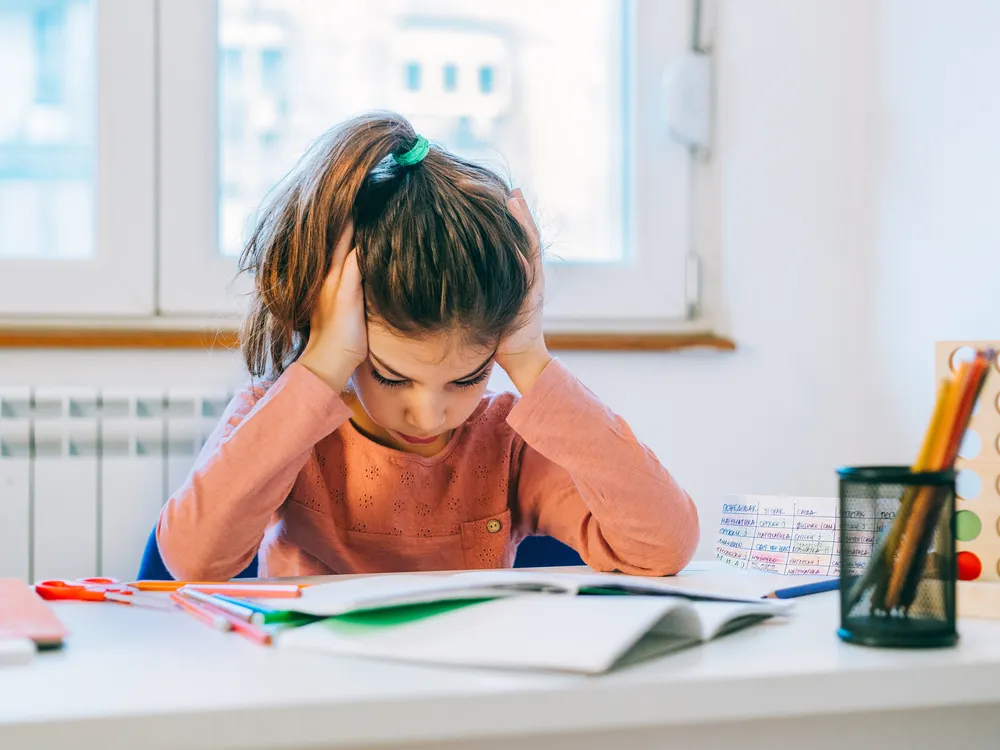Why Is Navigating Parenting After Child Loss Crucial?
Managing parenting after child loss is crucial because it helps you maneuver through the complex emotions and challenges that come with profound grief. By understanding the impact of loss, finding ways to cope with overwhelming emotions, and honoring your child’s memory, you can gradually nurture your mental and emotional well-being. Creating rituals, seeking support, and prioritizing self-care are essential steps in this healing journey. As you focus on fostering healing and growth, remember to recognize your pain, seek peace within, and build resilience. These strategies can guide you in finding hope and a new path forward amidst the challenges you face.
Key Takeaways
- Essential for processing profound grief and finding ways to cope.
- Helps parents navigate complex emotions and begin the healing journey.
- Honoring the child’s memory while nurturing mental well-being.
- Fosters resilience and growth through support systems.
- Enables parents to find peace within while building emotional strength.
Understanding the Impact of Loss

In the aftermath of child loss, you may find yourself dealing with a profound sense of emptiness and disbelief. This stage marks the beginning of your grief journey, a path unique to each individual, filled with ups and downs that can be overwhelming.
Understanding the impact of loss is essential in managing this challenging time.
During this period, having support systems in place can make a significant difference. Surrounding yourself with understanding family and friends, or seeking the guidance of a therapist or support group, can provide comfort and aid in processing your emotions.
These support systems can offer a safe space for you to express your feelings, share memories of your child, and receive validation for your grief experience.
As you navigate through the complexities of grief, remember that it’s okay to seek help and lean on your support systems. Embracing the support around you can help in coping with the profound effects of child loss and pave the way towards healing.
Coping With Overwhelming Grief
Coping with overwhelming grief after the loss of a child can feel like maneuvering through a turbulent storm without a compass. The weight of this sorrow can be crushing, leaving you feeling lost and adrift.
During such times, finding support is essential. Surround yourself with understanding friends and family who can provide comfort and a listening ear. Don’t hesitate to seek therapy, as professional help can offer coping mechanisms and a safe space to express your emotions.
Therapy can guide you through the complex emotions of grief, helping you navigate the overwhelming waves of sadness, anger, and guilt. A therapist can assist in processing your feelings, finding ways to honor your child’s memory while also taking care of yourself.
Honoring and Preserving Memories

Traveling the path of honoring and preserving memories of your lost child can serve as a meaningful way to cherish their legacy and find solace amidst the grief. Creating rituals that commemorate special dates or memories can provide a sense of connection and continuity. These rituals can be as simple as lighting a candle on their birthday or planting a tree in their honor.
Sharing stories about your child with loved ones can also be incredibly cathartic. Recalling fond memories, funny anecdotes, and special moments can keep their spirit alive in your heart and the hearts of others.
Incorporating your child’s presence in everyday life through photographs, keepsakes, or dedicating a special space in your home can offer a tangible reminder of their enduring impact. By actively engaging in activities that honor their memory, you aren’t only preserving their legacy but also finding a way to navigate the complex emotions that come with parenting after loss.
Nurturing Mental and Emotional Well-being

To nurture your mental and emotional well-being after the loss of a child, it’s important to prioritize self-care and seek support from understanding individuals or professional resources. Seeking support isn’t a sign of weakness but an essential step towards healing.
Surround yourself with people who can provide empathy and a listening ear, whether it be friends, family, support groups, or counselors. Talking about your feelings and experiences can help you process your grief and begin to rebuild your emotional strength.
Self-care plays a significant role in nurturing your mental and emotional well-being. Take time to engage in activities that bring you peace and comfort, whether it’s reading, exercising, meditating, or spending time in nature. Building resilience is a gradual process that involves acknowledging your emotions, accepting your current reality, and finding ways to move forward with compassion for yourself.
Fostering Healing and Growth

Starting on the journey of healing and growth after a loss involves recognizing your pain while actively seeking ways to move forward towards finding peace within yourself. Building resilience in the face of such profound loss is an essential step in fostering healing and growth.
Resilience acts as a shield, helping you navigate the emotional challenges that come with the territory of parenting after child loss. It’s about finding the strength within you to withstand the storm and emerge stronger on the other side.
Creating support systems is equally important in this journey. Surrounding yourself with understanding and compassionate individuals can provide a safe space for you to express your feelings and vulnerabilities. Seeking help from support groups, therapists, or even close friends and family members can offer different perspectives and coping mechanisms.
These networks can serve as pillars of strength, lifting you up when you feel overwhelmed and guiding you towards a path of healing and growth. Remember, healing is a process, and it’s okay to lean on others as you navigate this challenging terrain.
Frequently Asked Questions
How Can Parents Maintain Their Relationship After Child Loss?
To maintain your relationship after child loss, support each other by being there through the pain, communicate openly about your feelings, fears, and hopes, seek professional help if needed, and remember to show love and understanding.
Is It Normal to Feel Guilty for Moments of Happiness?
It’s absolutely normal to feel guilty for moments of happiness after a loss. Remember, coping mechanisms and support systems are crucial for emotional healing. Take time for self-care, allowing yourself to experience all emotions without judgment.
What Are Some Ways to Involve Siblings in Honoring Memories?
To involve siblings in honoring memories, consider creating memory traditions together. Encourage sharing stories, looking at photos, or visiting special places. This bond can help them navigate their grief and keep cherished memories alive.
Can Professional Help Be Beneficial in Coping With Grief?
Therapist support can offer valuable coping strategies for managing grief. Talking to a professional can help you process emotions, navigate challenges, and find healing. Remember, seeking help is a brave step towards healing.
How Can Parents Navigate Different Grieving Processes?
You can navigate different grieving processes by understanding the stages of grief and using coping strategies like therapy or support groups. Supporting each other through this journey is essential for healing and moving forward together.
Conclusion
Guiding parenting after child loss is vital for your well-being and healing. By understanding the impact of loss, coping with overwhelming grief, honoring memories, and nurturing your mental and emotional well-being, you can begin to foster healing and growth.
It’s important to give yourself grace and permission to grieve, seek support from loved ones and professionals, and find healthy ways to cope with your emotions. Remember, you aren’t alone in this journey.

Hey there! 👋 I’m a proud mom and passionate writer, sharing my parenting journey. 📝 Join me as I navigate the ups and downs of motherhood, offering tips, advice, and a sprinkle of humor along the way. 🌟







